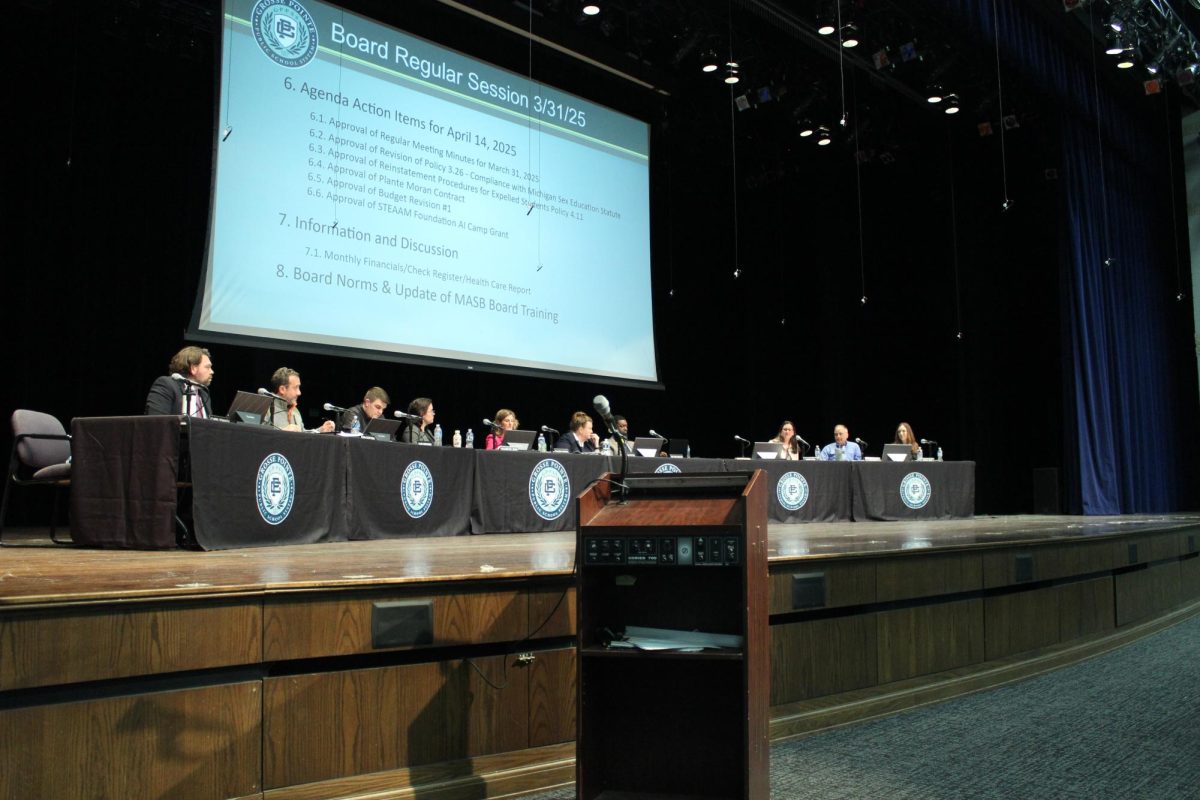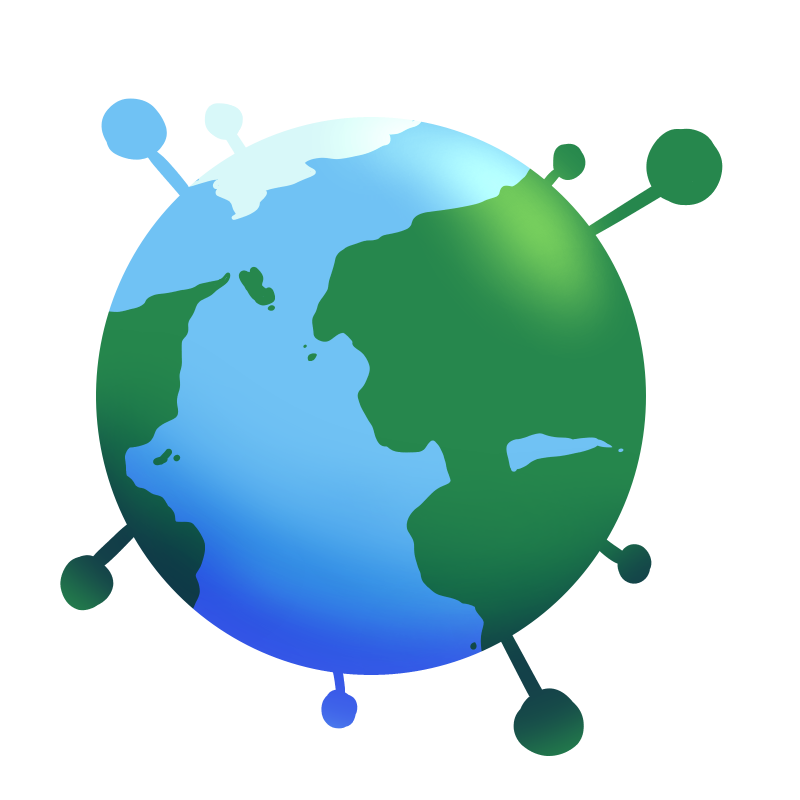Think about the global pandemic’s ecological effects
April 27, 2020
“Coronavirus is Earth’s vaccine. We’re the virus.”
This tweet, circulating in mid-March, was the response to the combination of the coronavirus’ escalating global reach and the coinciding results of society staying indoors, ranging from a false claim that swans have returned to Italy’s waterways to an April 9 report that the Himalayas are now visible for the first time in decades due to decreased air pollution.
This tweet, and the many forms its sentiment adopts, is laden with an odd mixture of passive activism and utter detachment from world events– all disguised as environmentalism.
Ecofascism is the polite term for this burgeoning belief system– however, it fails to establish the true nature of the movement. According to political theorist Michael Zimmerman, ecofacism is “the sacrifice of individual humans for the benefit of the ecological whole.” This, when broken down, essentially places the blame on all humans, even those least responsible for the environmental tragedies Earth has been subjected to– for Earth’s deterioration– and weighs the environment above human lives by any radical means necessary (emphasis on the word radical).
Humanity is living in a time of uncertainty (a word used all too much by media outlets and politicians), but we are also living in a time of desperation. We cling to the notion of everything that comes our way as bearing a “silver lining”; a token to make up for the fear we feel and the difficulty of the road ahead. And while we may look to the environment’s short-term improvements as subtle reasons to bring ourselves joy, the sacrifice of our own humanity in the name of self-comfort is disappointing at best and dangerous at worst.
The idea of coronavirus being punitive– a punishment imposed upon us for our wrongdoings against Earth– diminishes both the gravity of our world’s situation and the validity of what environmentalism stands for. Innocent people have died– and will continue to die– as our healthcare workers across the globe risk their lives to return order and safety to us all. In doing so, they have exchanged their families and familiar lives for the sake of others.
In what way has their selflessness warranted “punishment?” And for those who have stayed indoors, cared for their neighbors and loved ones, put others before themselves even when resources have supported doing otherwise, what punishment have they come to deserve?
There are ways to approach the conversation of environmentalism and human impact on Earth without alienating and villainizing the entire human race in the process. Provided that everyone adheres to the global stay-at-home orders, this is the first time scientists and ecologists are able to observe the true scope of humanity’s hand in Earth’s ecosystem, which could mean the collection of vast amounts of important and never-seen-before data about our environment. Many have turned to creating masks out of around-the-house items, such as unused pieces of fabric and bandanas, and are turning to outdoor activities such as exercising, spending time with pets, and taking walks, which benefit both our environment and our mental health. If we continue with these practices, we will be doing both our planet and ourselves good, without valuing one over the other.
Instead of pointing the finger to, quite literally, everyone around you, take this time to reflect on your personal impact on the environment and seek out ways to make manageable and feasible changes to your life that also take care of our planet.
And please, fact check those Twitter posts– according to National Geographic, Italy’s swans haven’t gone anywhere.














































































